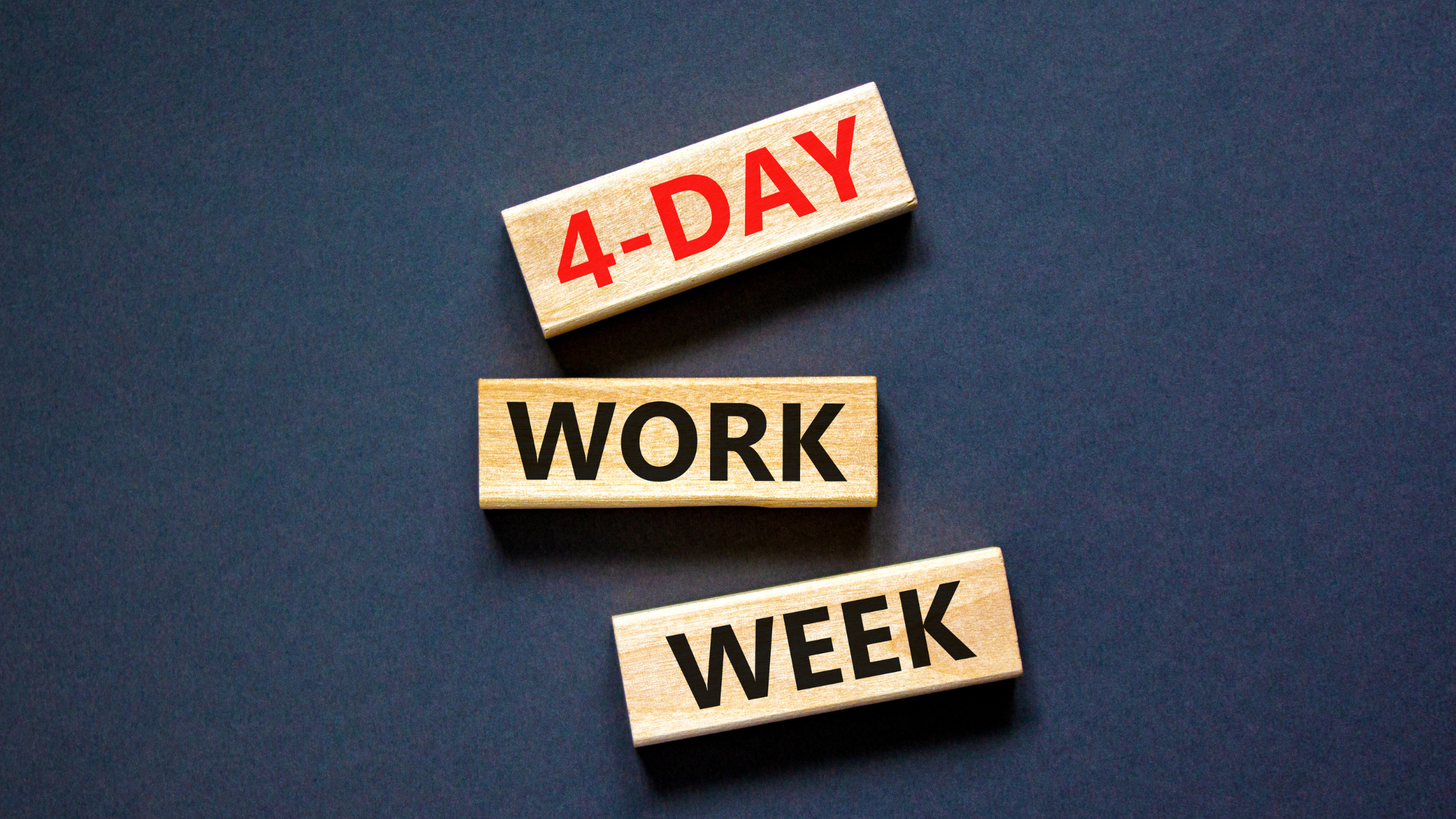In recent times, a new way of arranging work schedules has caught attention: the 4-day workweek. This idea challenges the usual 5-day work setup and is getting noticed due to changes in how we live and the economy. In this article, we’ll look at why it’s becoming popular, its pros and cons, and how different industries are trying it out.
A Changing Way of Working
The 4-day workweek isn’t brand new, but the COVID-19 situation has given it a fresh start. People are calling for better balance between work and life, and about 71% of Americans are in favor of trying a shorter workweek. This shows that our ideas about work are changing.
Why It’s Changing
There are a few reasons why the 4-day workweek is becoming popular. The gig economy, technology for remote work, and what younger generations want from work are all part of it. Companies are starting to see that letting employees have more flexible hours can make them happier, more interested in their jobs, and often even more productive.
Trying It Out
Lots of places have tried the 4-day workweek and shared their experiences. One group, the Knowledge Futures Group, tested a 32-hour workweek to see how it went. They did this to help their employees feel better and work better. The results showed that people liked their jobs more and did better work during the hours they were working.
Challenges to Think About
Switching to a 4-day workweek isn’t easy. In the US, people are used to working long hours and believing that working a lot is important. Finding the right balance between new ways of working and old ways of thinking is tricky.
Good and Not So Good
Experts say that we should look at the work we do, not just how many hours we do it for. Studies show that after a certain point, we start doing less work and being less creative. This suggests that working fewer hours might make our work better. But there’s also a worry that if everyone works fewer hours, it could hurt the economy.
Different for Different Jobs
Not all jobs can change to a 4-day workweek the same way. Office jobs can make the switch, but industries like retail and healthcare that need people around all the time have a harder time. They’re trying out different ways, like having flexible shifts and sharing jobs, to make sure they keep doing good work.
A Shift in How We Work
In short, the 4-day workweek shows how work is changing, what the economy needs, and what people want. It’s about moving from fixed hours to what we actually get done. It’s a good idea for better balance and happiness, but it also comes with challenges we need to think about.

